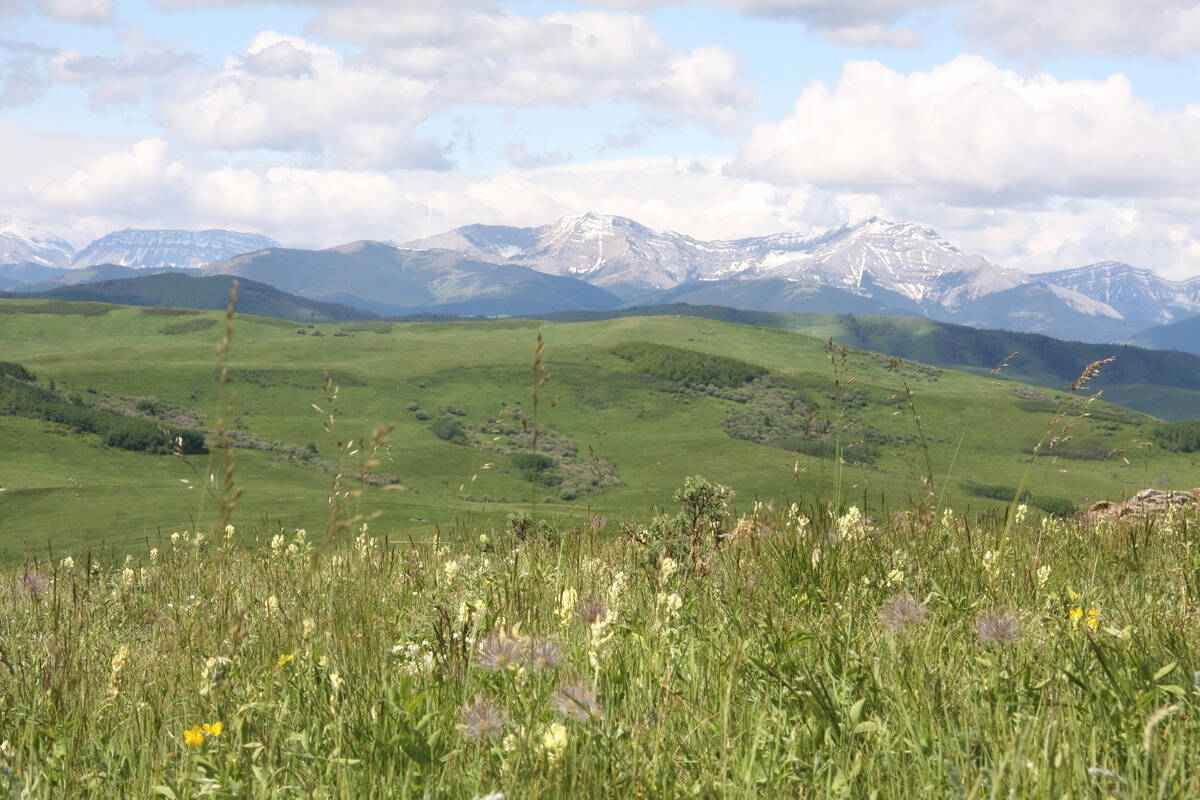The adage that farming is everyone’s bread and butter hit home with me this summer.
I’m a third of the way into a book calledGuns, Germs and Steel,by American professor Jared Diamond, that explores why the earliest Europeans and Asians managed to conquer and displace indigenous groups throughout Africa, Australia and the Americas despite often being outnumbered by the native population.
Though the title gives hints about to why the Eurasians were ultimately successful, the precipitating factor was the evolution of farming.
Read Also

Selenium not deal breaker in coal mining: expert
Environmental scientist weighs in on coal mining debates in Western Canada, explaining selenium and the technologies and practices to lower its concentrations in nearby waterways to coal mining operations
Farms can produce food on a mass level and allow for large, permanent communities to exist. Hunting-based groups move with the herd so they must necessarily be smaller and portable. More importantly, large groups with access to a constant food supply can diversify into other occupations.
Early agricultural civilizations gave rise to leaders who could organize and command soldiers to invade and conquer surrounding territories.
Farm-based communities also freed people from daily food gathering to learn specialized trades such as blacksmithing and boat building, so armies could travel further and arm themselves better.
Another important specialty that arose were scribes, who developed written languages and passed knowledge to successive generations through scrolls and books, and later through farm newspapers like the one you’re holding now.
Every job, from doctors to teachers to travel agents, is possible because we don’t have to stalk into the woods and hunt down dinner each day. All our technological advancements have come because someone had the ability to create and plan and build something – and then go home and eat the food a farmer produced.
Somewhere along the way, people have forgotten to be thankful that they live in permanent communities, for the ability to pursue an interesting career, for having the amenities that protect and enrich our lives.
We’ve forgotten that we need farmers to make the system work, that we must protect agriculture if we are to progress as a society and that those who produce our food have a vitally important job and should be treated accordingly.
Ultimately, farming truly is everyone’s bread and butter.














